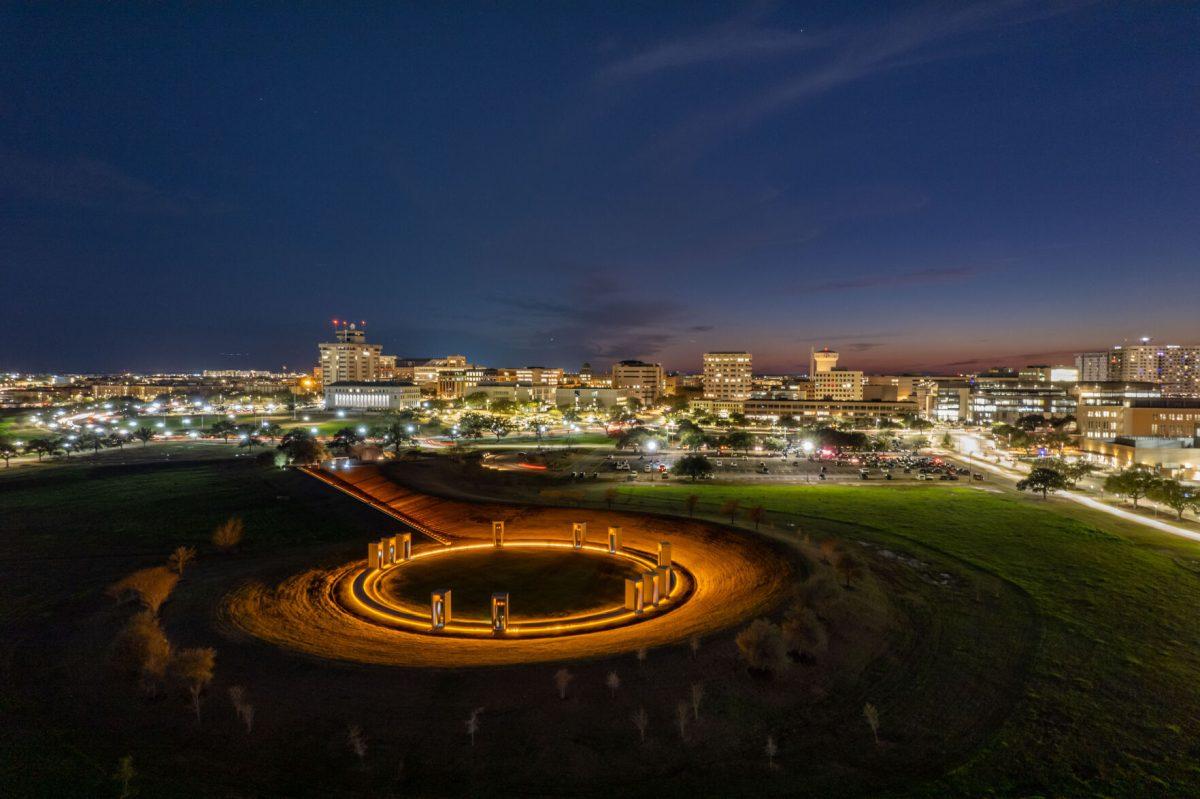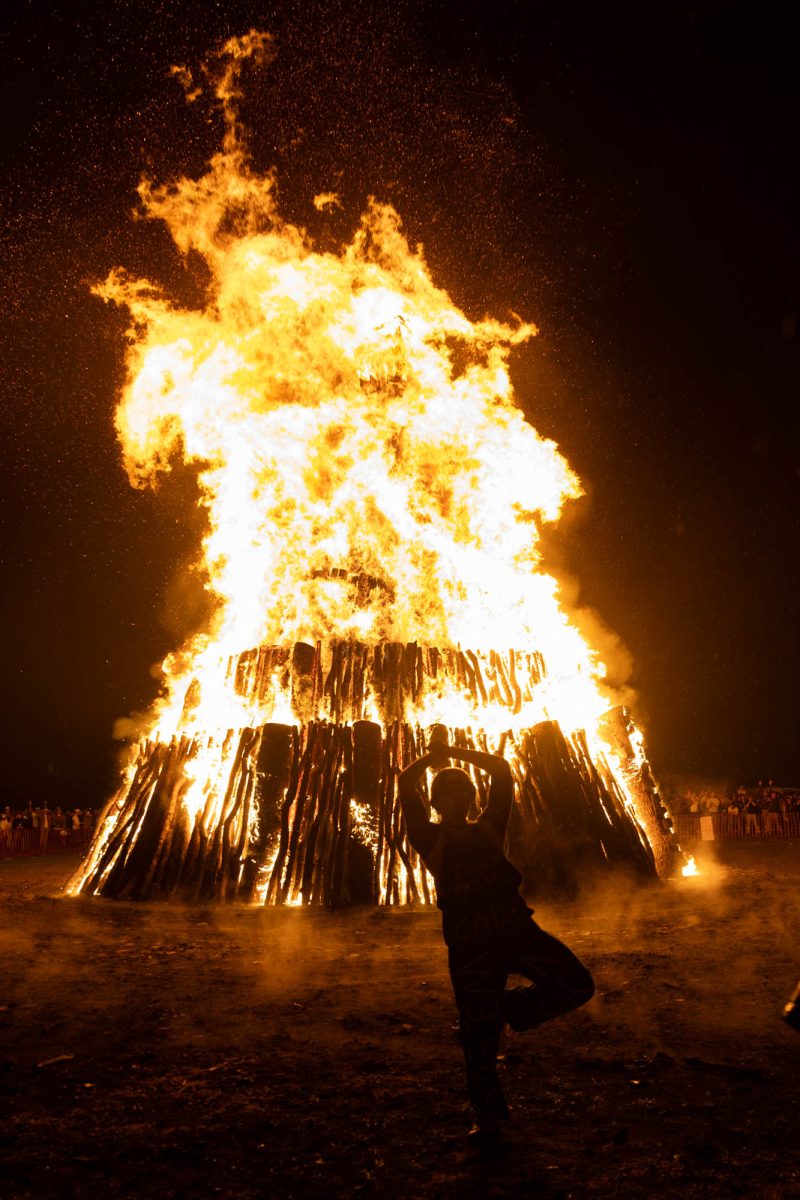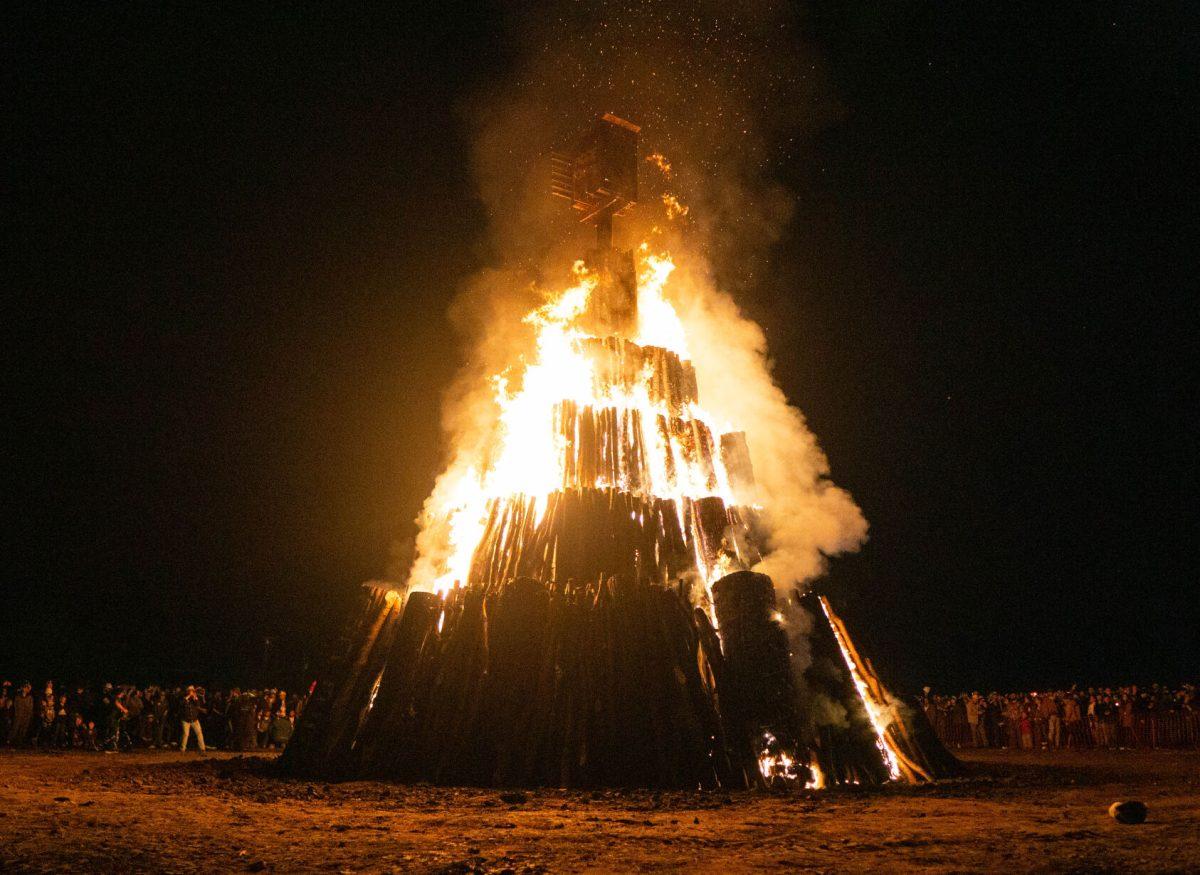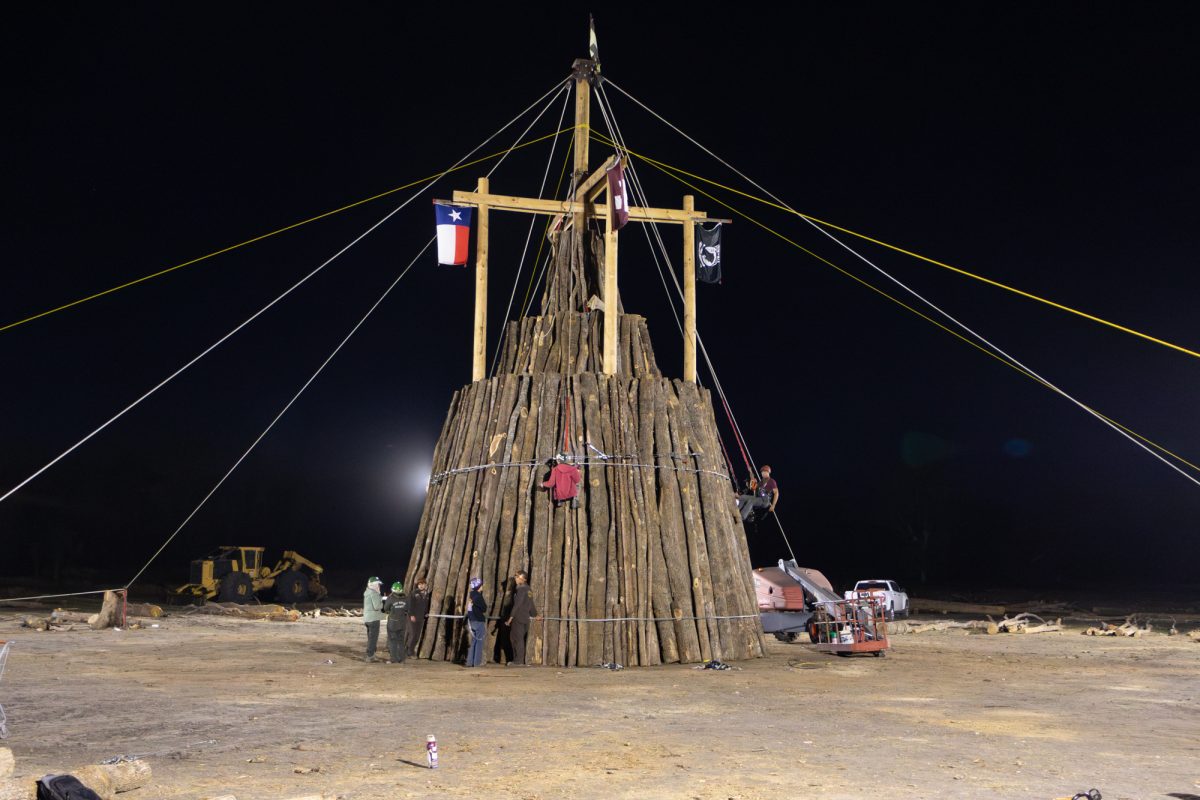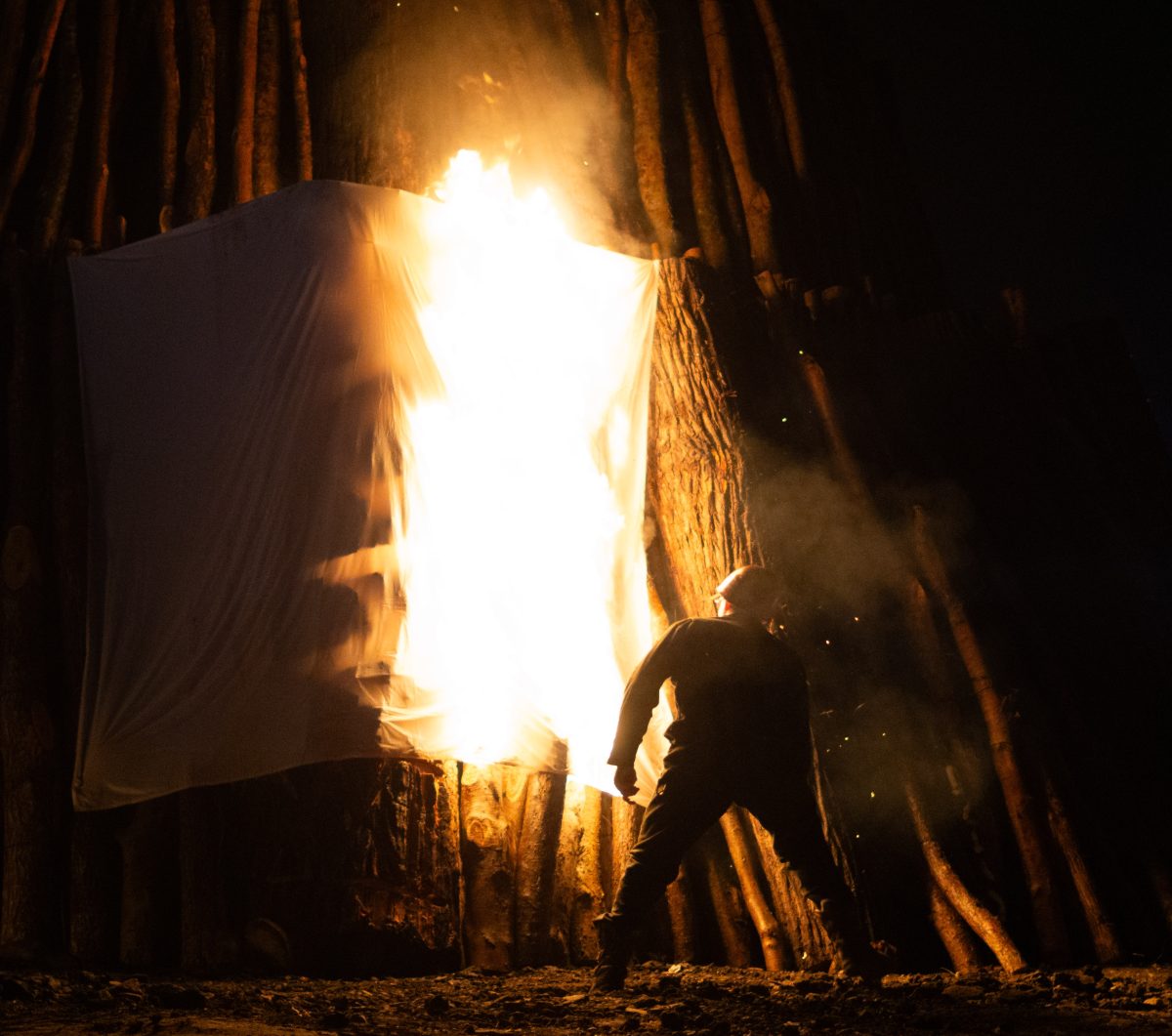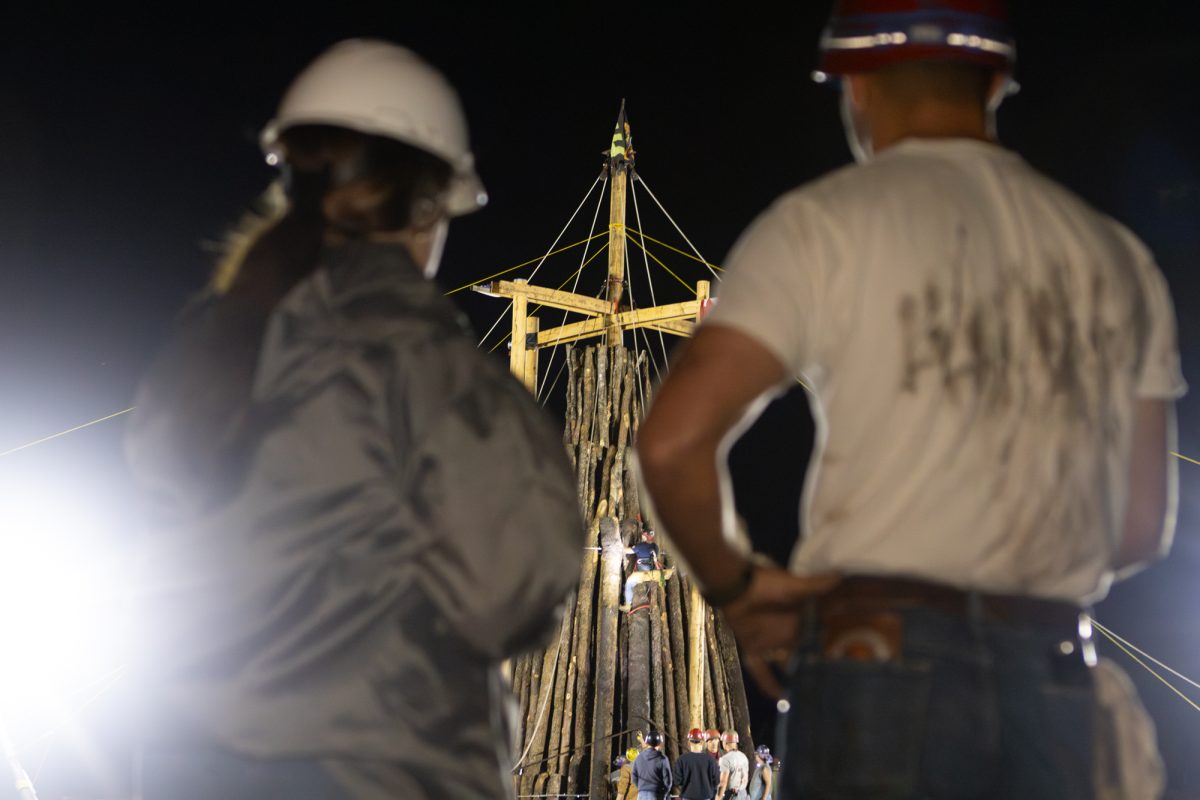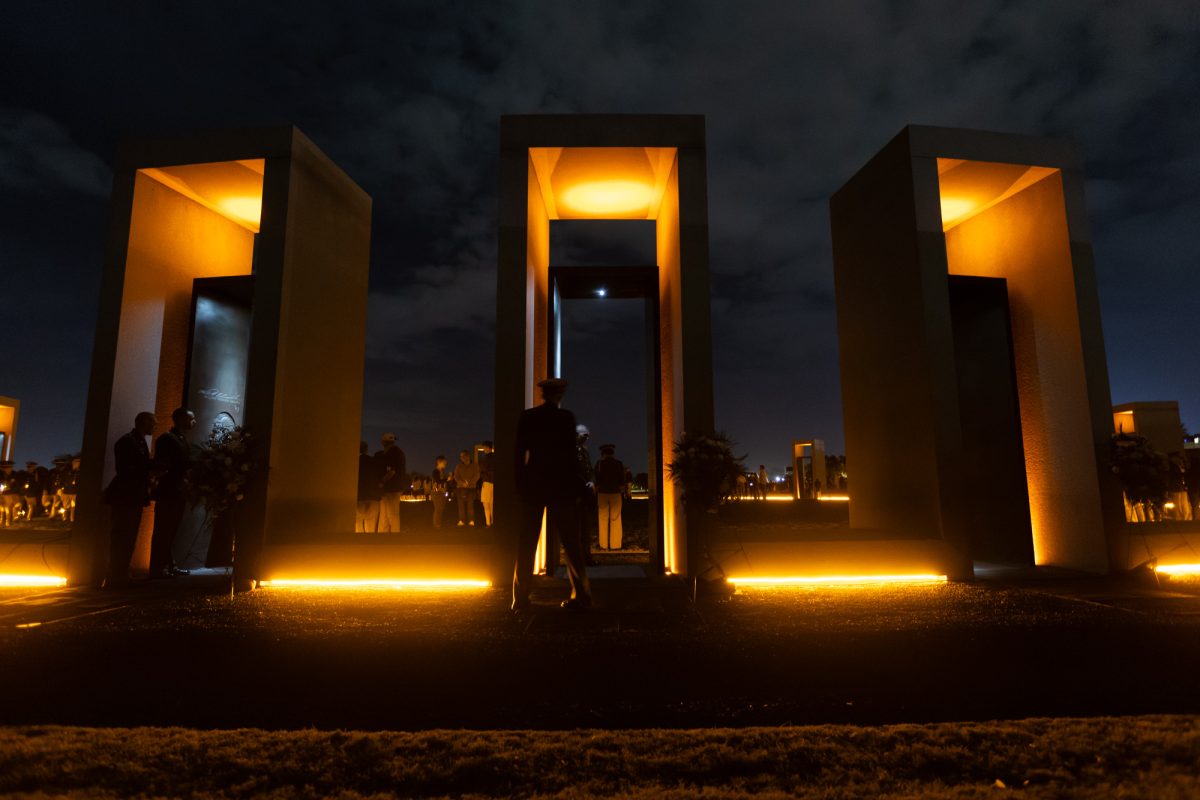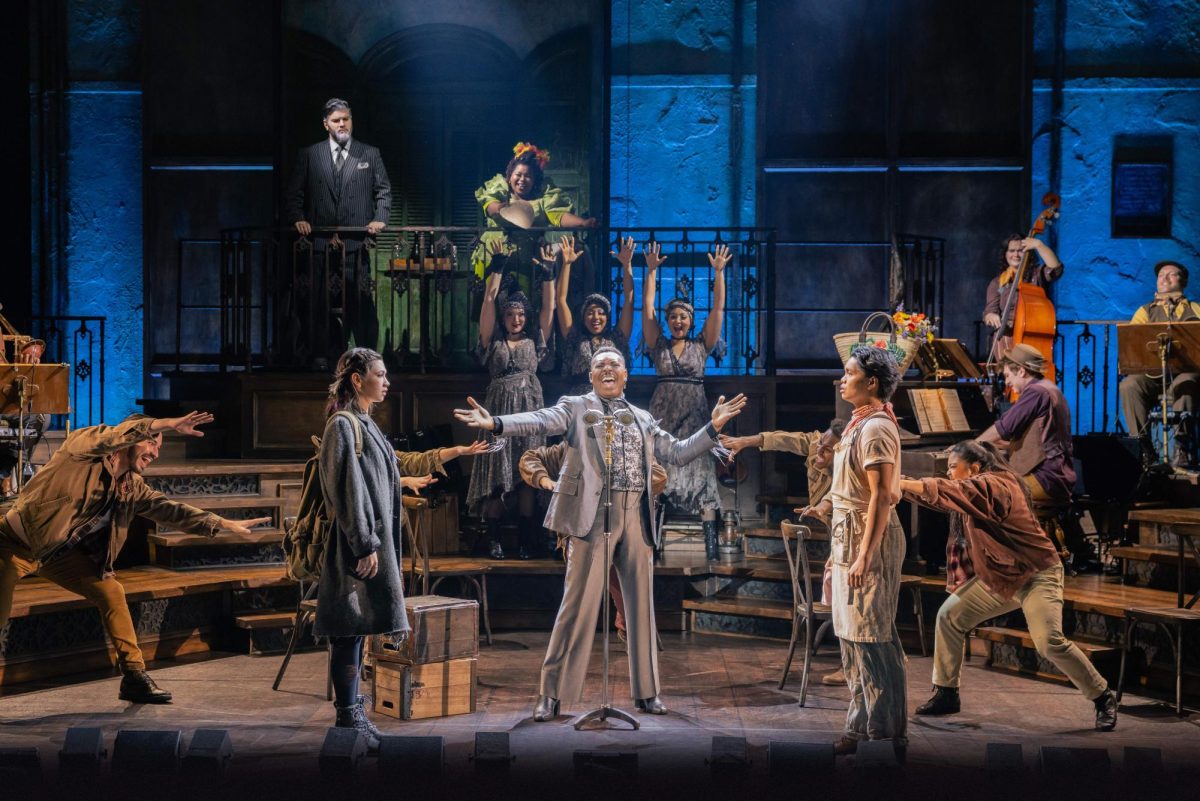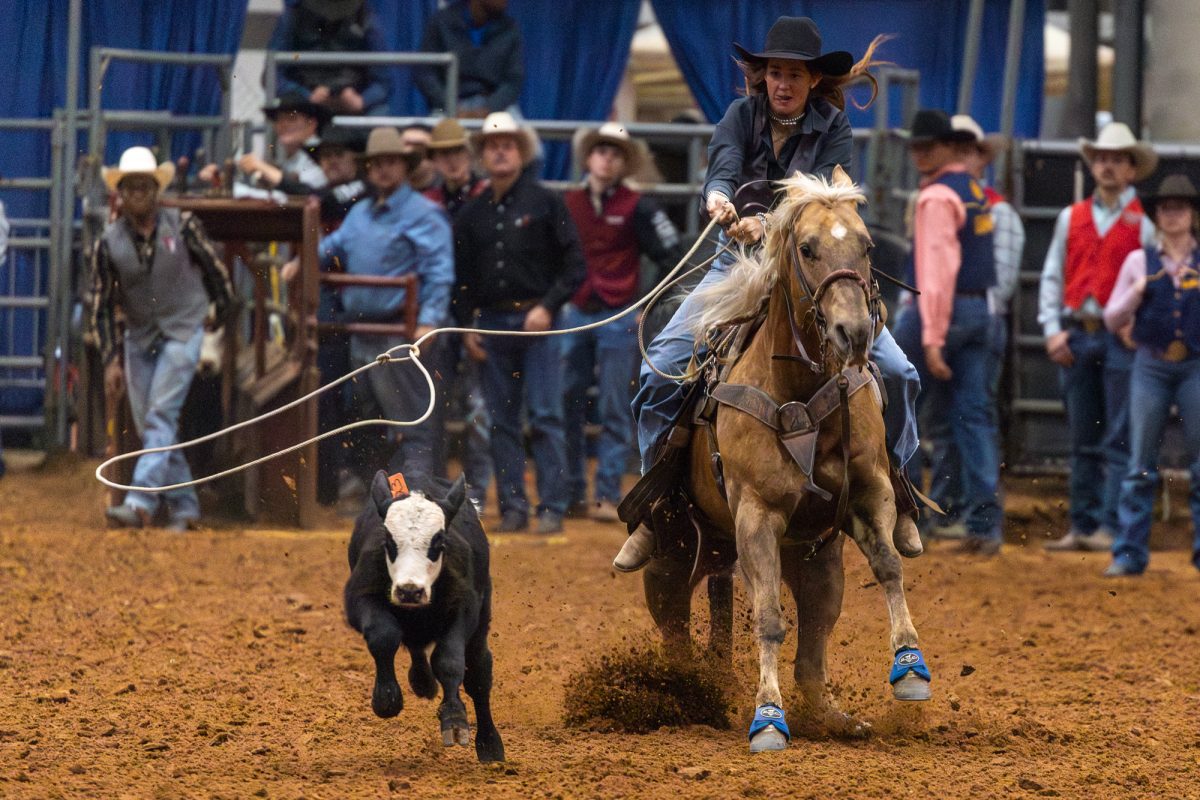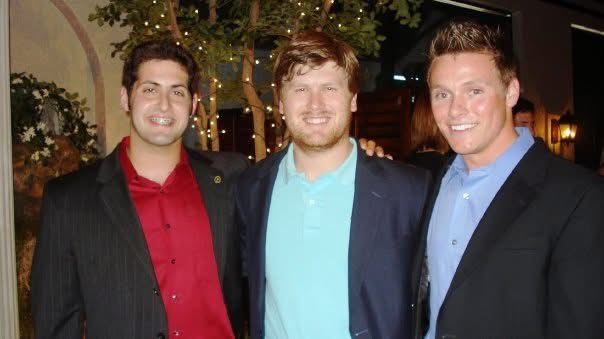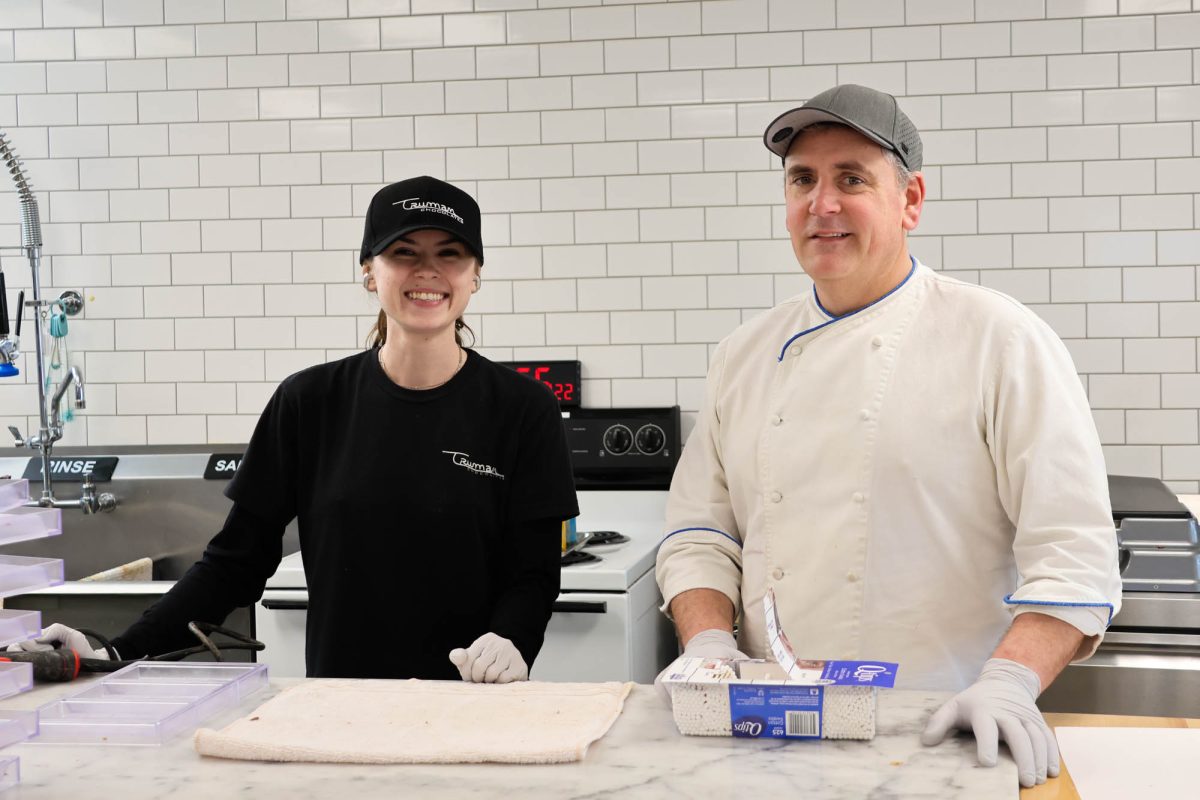A quarter of a century ago, tragedy struck campus after the 1999 annual Bonfire collapsed and killed 12 students. Two former Battalion staff members discussed their experience covering the tragic event and how the Aggie community came together after the collapse.
On Nov. 18, at 2:42 a.m., the Bonfire stack collapsed. Fall 1999 Campus Editor for The Battalion Emily Snooks, Class of 1999, said she received a call from another staffer shortly after the stack fell, who helped break the story before any other media outlet.
“I think Doug Shilling, our sports editor at the time, called [in] a panic stricken voice, saying, ‘Stack fell,’” Snooks said. “I said, ‘I’m on my way,’ got in the car and headed for the Polo fields. It was too early for the press to be there, but there were EMTs and fire department working on the scene.”
Snooks recalled the sound of generators powering the lights shining on the stack, which forced students to make quick decisions, she said.
“The response team in charge … debated about whether they should shut down the lights and the sound of the generators because they were trying to hear people groaning or tapping on a log,” Snooks said. “With people that were stuck inside this massive pile of logs, this was the only way they could hear and know if there was a student somewhere in the stack.”
Snooks and a few Battalion members worked on the story immediately following the event. The Battalion printed daily at the time and halted the printing process that night to include the Bonfire Collapse story in the morning issue, Snooks said.
“The night of Bonfire [Collapse] is the one time that we had to say, ‘Stop the presses’ because the paper was going to go in print for the next day without any mention of Bonfire,” Snooks said. “We had already put the paper to bed, but we had to stop the presses and still get something printed so students would have something in the morning, information about what happened on campus.”
Fall 1999 City Desk Editor Carrie Ward, Class of 2000, said she had just visited the stack the night before the accident and remembered the mayhem that ensued over the next week.
“The night before, my boyfriend, who’s now my husband, and I had gone after I got off work from The Battalion,” Ward said. “We grabbed a sandwich or something and sat in front of the Bonfire, sitting, eating and watching them work on it. We left and next thing I know, we’re getting phone calls, hearing sirens and hustling around to find out what is happening. People trickled in with different stories and things they had seen. It was traumatic.”
Snooks said students, the community and businesses viewed The Battalion as the local news source back then because of the publication’s extensive local and state coverage.
“It was something that was written by students for students,” Snooks said. “There was an academic advisor, but it wasn’t a heavy-handed advisor at all. The newspaper was very autonomous. We managed our budget ourselves and printed every day. I’m fairly certain we didn’t include AP stories at the time. I remember The Daily Texan did. We focused on only local and state stories covered by students. That is something that I thought was very unique to The Battalion.”
In addition to the stack falling, Snooks said multiple tragic events happened in the 1999 fall semester, taking a toll on the newsroom and the student body.
“In September, there was a skydiving accident with [five] students,” Snooks said. “Then, there was a group of students walking to a fraternity party who were struck and killed by a car. I remember the editors and I would talk about how it was a tough, challenging semester covering a lot of deaths.”
Fall in 1999 was solemn, but powerful. The tragic accident strengthened the Aggie community and a special moment at the last football game that season strengthened the value of remembrance, Snooks said.
“I will never forget that during the [A&M]/UT game that following week we had a ‘silent T,’ meaning the band ended their performance at halftime by not playing any music and formed the [Block] T,” Snooks said. “There were several minutes of silence across all of Kyle Field as the T moved off the field. So quiet, you could hear birds.”
Reflecting on her days in the newsroom, Snooks said she misses working with her colleagues the most and working in the newsroom late trying to make print deadline. Ward said nothing could’ve prepared the students for covering these heavy pieces.
“It was kind of an honor to share these people’s stories, making sure that all these people who died were honored,” Ward said. “Trying to do that in a very respectful way, you learned a lot of lessons on how to talk to people and cover a story while being very respectful. Balance the two and not cross lines.”




